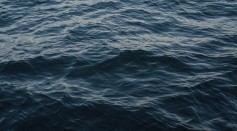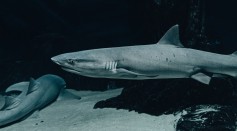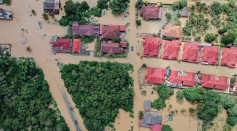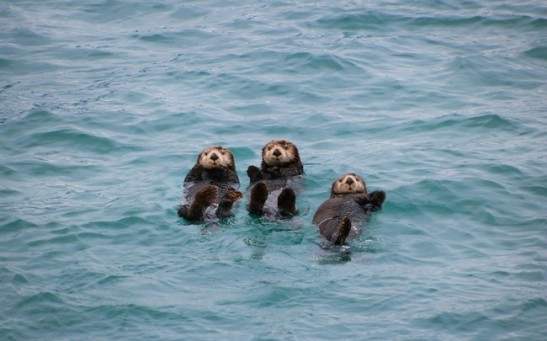Sea
Image of Horseshoe Crab Similar to Alien Floating Across Sea Floor Wins Gold in Wildlife Photography Contest

World's Second-Deepest Blue Hole Found Along Mexico's Coast; Ecological Marvel May Shed Light on Earth's Past Climates
Mining the Depth of Sea for Battery Materials Could Cause Irreversible Consequences [Study]

Communities Call Out Help to Document Sharks, Rays, and Skates Under Wales' Coasts

Rising Sea Levels Could Accelerate Over 30 Years, NASA Warns
Aquaculture: Solution To Providing Food For the Growing Population
This Invisible Ecosystem Helps Fight Climate Change
Plankton Diversity: A Key to Gauge Ocean Health, According to New Study
How Pollutions Are Causing Urban Sea Snakes To Lose Their Stripes
Deep Sea Mining Could Form Plumes: Dust Clouds Formed Within Sea
High Carbon Dioxide Level Produces More Acid In Seawater & Hampers Marine Process
Antarctica’s Larsen-C Ice Shelf Crack Continues Growing, Experts Predict It Will Be The Largest Ever Recorded
OceanGate Plans Manned Voyage To 3D Scan RMS Titanic In November 2017
Scientists Discovered 10 Bizarre New Sea Creatures At The Hidden Depths Of The Atlantic Ocean
Most Popular

China’s Tiangong Space Station to Expand Its Capabilities With New Modules

AI Revolution in Medical Education: Transforming How Healthcare Professionals Learn

Exploring Life Beyond Earth: Study Claims Other Planets Could Be Suitable for Alien Life

Out of Office, Not Out of Mind: Planning for Employee Holiday Absences






